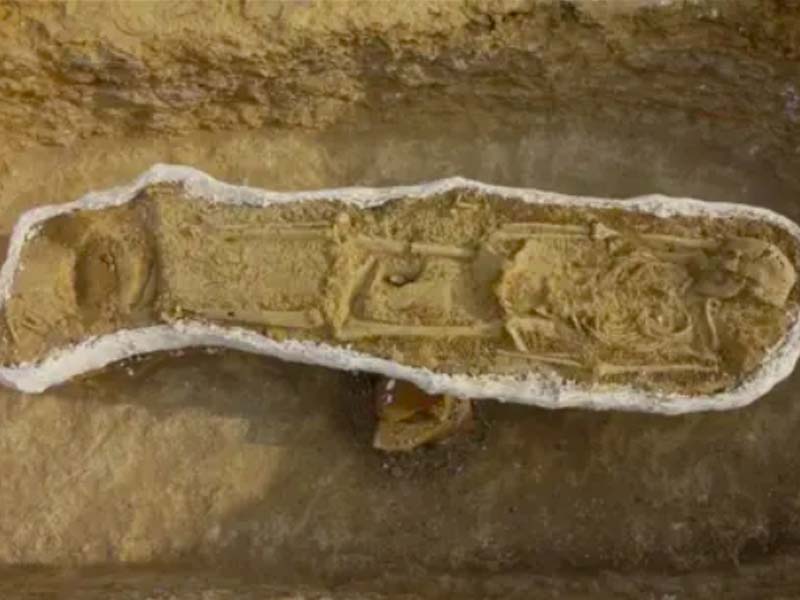

Thornvillechurch – Lost Graves in Gaza, a remarkable discovery in Gaza has shed light on the ancient world. Archaeologists have uncovered graves in a Roman-era cemetery, offering new insights into the lives and cultures of those who inhabited this important coastal trade route over 2,000 years ago. The findings, led by French archaeologist René Elter, reveal extraordinary details about the social and economic dynamics of the time.
The graves, found in a cemetery near Gaza, have brought to life the stories of its long-lost inhabitants. As an essential node in ancient trade networks, Gaza connected regions across the Mediterranean and beyond. This discovery helps historians better understand the lifestyles, traditions, and beliefs of the people who lived and prospered in this bustling trade hub. The detailed craftsmanship of the grave markers and burial items provides clues to their societal values, artistic influences, and economic status.
“The Role of Physiotherapists and Conditions They Treat”
Among the most striking finds in the cemetery are two lead coffins, which are exceptionally rare for the region. These coffins are not just burial containers but also works of art. One is adorned with intricate grape leaf patterns, symbolizing wealth and fertility. While the other features dolphins, often associated with protection and safe passage in Roman mythology. These motifs suggest that the individuals buried in these coffins were likely part of the social elite, offering a glimpse into the stratified society of the time.
This discovery is more than a local archaeological triumph. It contributes significantly to our understanding of Roman-era trade and cultural exchanges. The coastal location of Gaza made it a melting pot of ideas, traditions, and goods. These graves provide tangible evidence of the connections between Gaza and the wider Roman Empire. Enriching our understanding of its role in ancient history. Moreover, the preservation of these artifacts underscores the importance of continued exploration and conservation efforts in historically rich but often overlooked regions.
The graves in Gaza are a reminder of the region’s deep historical roots and its enduring significance in global history. This find not only adds to the archaeological record. But also inspires a renewed appreciation for the stories buried beneath our feet.
“Suzuki SV650 2000 Transformed Into a Street Tracker”
Thorn Ville Church - We all face seasons of uncertainty, loss, stress, and inner doubt. Whether it’s a job we…
Thorn Ville Church - One of the most memorable and powerful stories in the New Testament is found in Mark…
Thorn Ville Church - Biblical archaeology serves as a powerful bridge between ancient texts and the tangible world. Through it,…
Thorn Ville Church - The Church of the Nativity in Bethlehem stands as one of the most revered and historically…
Thorn Ville Church - In the midst of the fast pace of modern life, it’s easy to feel overwhelmed, confused,…
Thorn Ville Church - In the early chapters of human history, as recorded in the Book of Genesis, one remarkable…